Implemented Synergies. Data Sharing Contracts and Goals between transport modes and air transportation
One-stop-shop platform that streamlines multimodal collaboration
Why?
To achieve a 4-hour seamless multimodal door-to-door journey, focused on improving passenger experience.
Who?
Transport Service Providers (TSPs) are empowered to prepare their data for sharing, negotiating and monitoring their contracts.
How?
By developing a central point to manage data sharing agreements & smart contracts between Transport Service Providers (TSPs), focusing on user-friendly design that facilitates each stage for a smooth collaboration and successful multimodal transport.
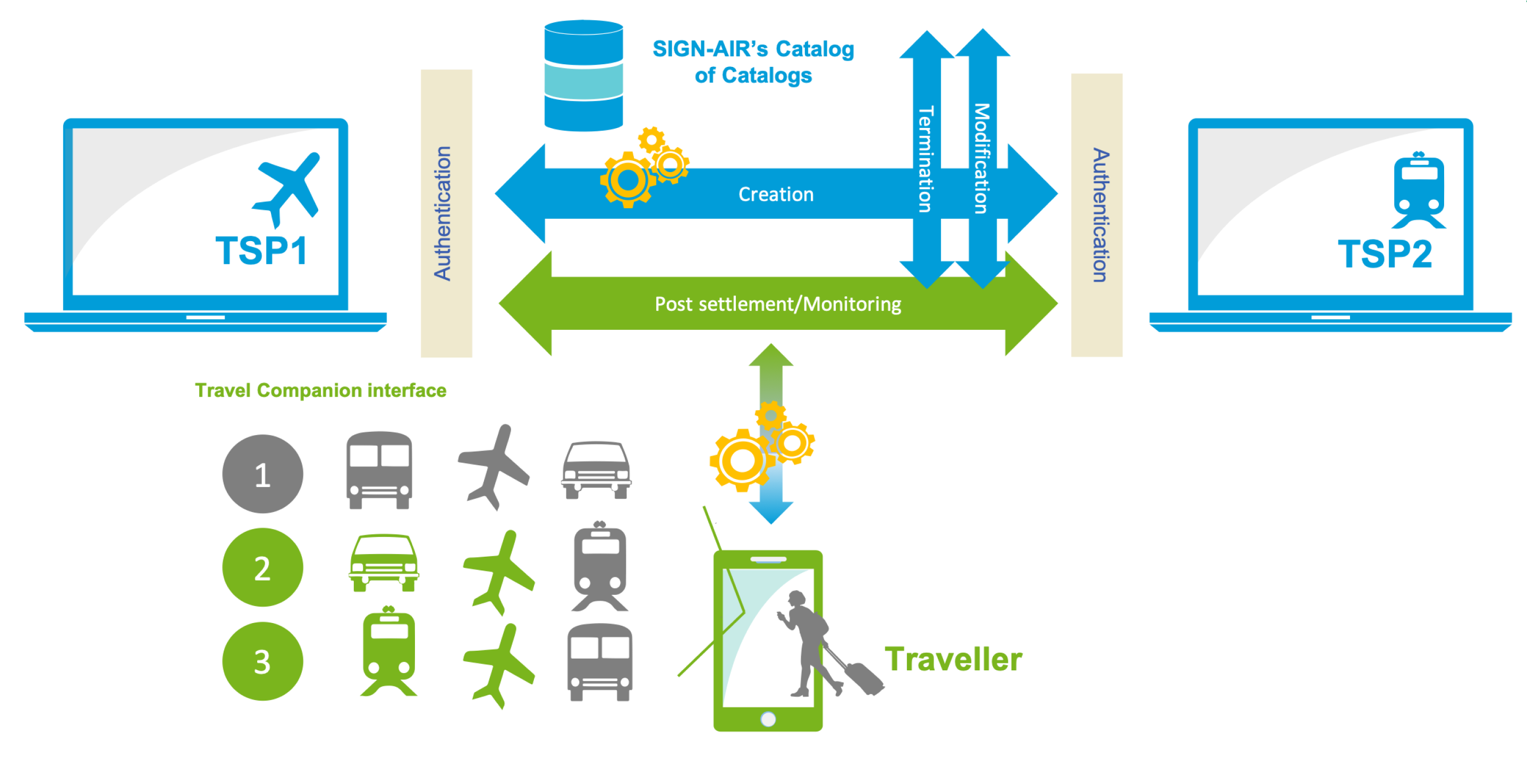
SIGN-AIR
SIGN-AIR platform provides the means for Transport Service Providers (TSPs) (e.g., airports, airlines, railway operators etc.), to reach Data Sharing Agreements and complementary Smart Contracts with other TSPs and to manage their contractual relationships. While the SIGN-AIR platform only manages the contractual aspects through the data attributes offered by the TSPs, the TSPs will continue managing their data and that of their customers.
A Data Sharing Agreement (DSA) sets out a Multimodal Transport Objective for the data sharing such as Single Ticketing, Synchronization of timetables and Disruption management etc. The objective determines the required datasets that need to be shared and the Triggers and Actions of the Smart Contract (SC) and the issues of Revenue Sharing and Responsibility Sharing.
With a commitment to promote seamless collaborative partnerships, SIGN-AIR encapsulates an ecosystem characterized by three interwoven modules. Plan, Collaborate, and Improve.
1. Plan: The discovery mechanism used by SIGN-AIR platform will require the minimum input from the TSPs in terms of data such as location and time schedules of operations. Standardization of data will be assisted by TransiTool platform that offers i. an intelligent assistant to identify the standards per TSPs and per goal, ii. a mechanism to transform non-standardized data to standardized formats and iii. an API to verify the data standardized (i.e., GTFS, NeTEx/SIRI and IATA SSIM) to reassure the quality. This module’s outcome is the contracts templates, which are the baseline of the collaboration.
2. Collaborate: A negotiation mechanism will allow the TSPs to define specific clauses of DSA and define the Triggers and Actions of their SC. A Trigger is a certain condition, event, choice, and an Action is obligation that must be fulfilled in case a Trigger is realized.
3. Improve: To monitor the signed contracts and to be able to interface with the passengers. SIGN-AIR platform will be connected with 3rd parties’ services such as Travel Companion apps and MaaS (Mobility as a Service) operators. This connection permits passengers to plan door-to-door multimodal travel and have the benefits of a single ticketing and re accommodation in case of a disruption in a “stepwise” approach using the triggers (if) and actions (then) coded in a SC.
PLAN
CONTRACT PREPARATION
- TSP’s registration
- Discovery of potential collaborations
- Definition of main contract’s element (Parties, Goal, Data)


COLLABORATE
NEGOTIATE SPECIFICATIONS
- Define the clauses of Data Sharing Agreements
- Define the Actions and Triggers of Smart Contracts
- Test the Smart Contracts
- E-Signature
IMPROVE
POST SETTLEMENT AND MONITORING
- Connection with Travel Companions
- Definition of added value services
- Modification
- Termination
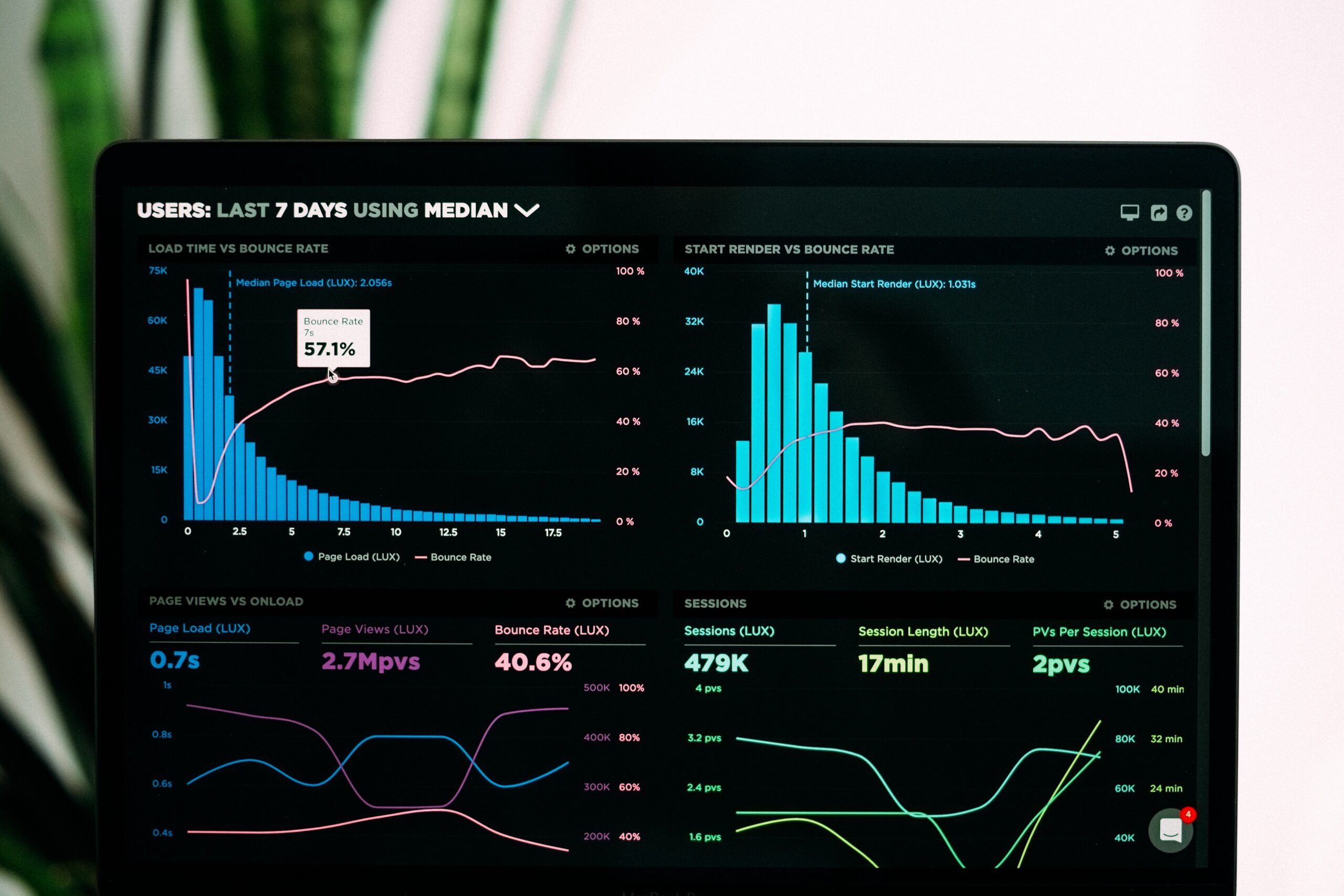
Results

- Between Data Provider and Data Consumer
- Terms and conditions for the allowed use of data
- Set out a Multimodal Transport Objective for the data sharing
- The objective determines the minimum required datasets

- Based on “external smarter contract model”
- Operational contract that details the Objective of the DSA
- Define specific Triggers and Actions
- Contains terms of Revenue Sharing and Responsibility Sharing
Deliverables
| NAME | RELEASE DATE | LINK |
| D1.2 Data Management Plan (DMP) | Published | Download |
| D1.4 Data Management Plan (DMP) | Published | Download |
| D1.5 Contextual Note (CN) | Pending | |
| D1.6 Data Management Plan (DMP) | Pending | |
| D2.1 Communication Dissemination and Exploitation (CDE) | Published | Download |
| D2.2 Standardisation (STAND) | Published | Download |
| D2.3 Regulation (REG) | Published | Download |
| D2.4 Communication Dissemination and Exploitation (CDE) Plan | Published | Download |
| D2.5 Standardisation (STAND) | Published | Download |
| D2.6 Regulation (REG) | Published | Download |
| D2.7 Validation plan (VALP) | Pending | |
| D2.9 Validation Report (VALR) | Pending | |
| D2.10 Technical specifications/interface requirements (TS/IRS) | Pending | |
| D2.11 Cost-benefit analysis (CBAT) | Pending | |
| D2.12 Standardisation STAND | Pending | |
| D2.13 Regulation (REG) | Pending | |
| D2.15 SIGN-AIR platform – Short version | Pending | |
| D2.16 SIGN-AIR added value services – Journey services | Pending | |
| D2.18 SIGN-AIR added value services – Optimization algorithms for Operations | Pending | |
| D2.19 Conclusions of Pilots and policy making recommendations | Pending | |
| D2.20 Communication Dissemination and Exploitation (CDE) Plan | Pending | |
| D2.21 Standardization and harmonization of SIGN-AIR technical solution | Published | Download |
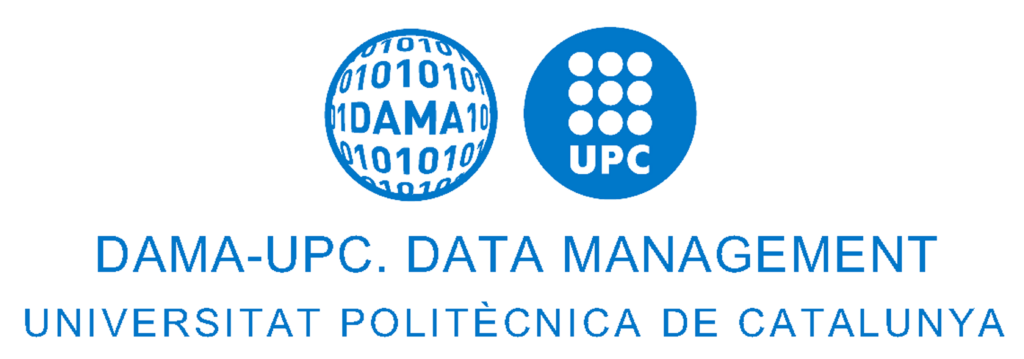
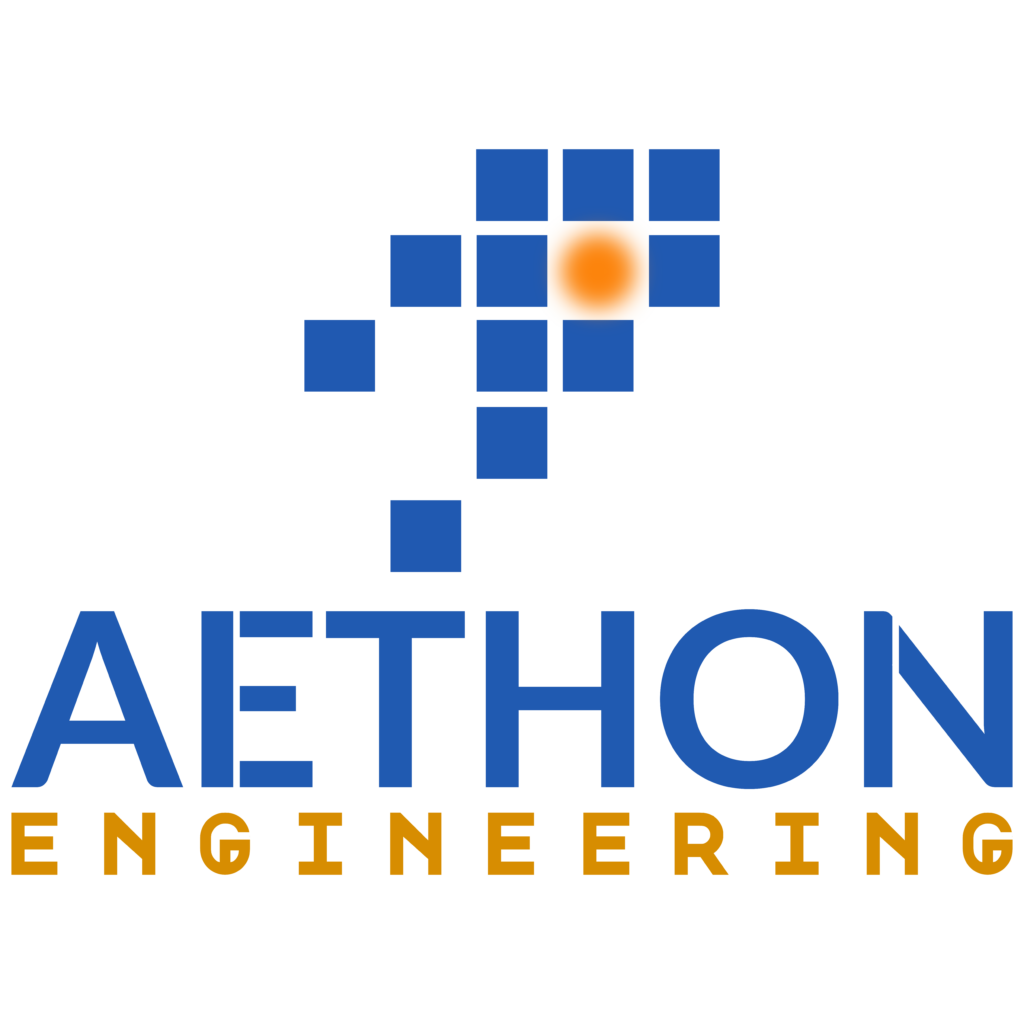
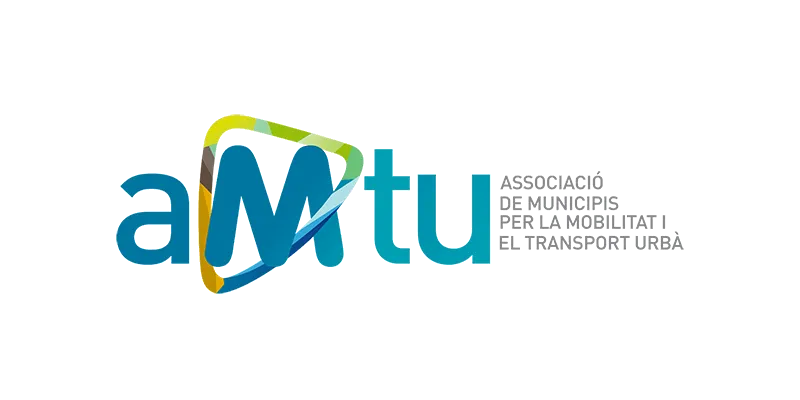


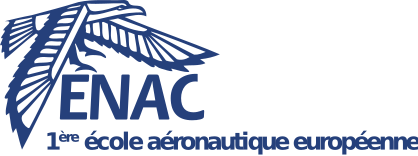
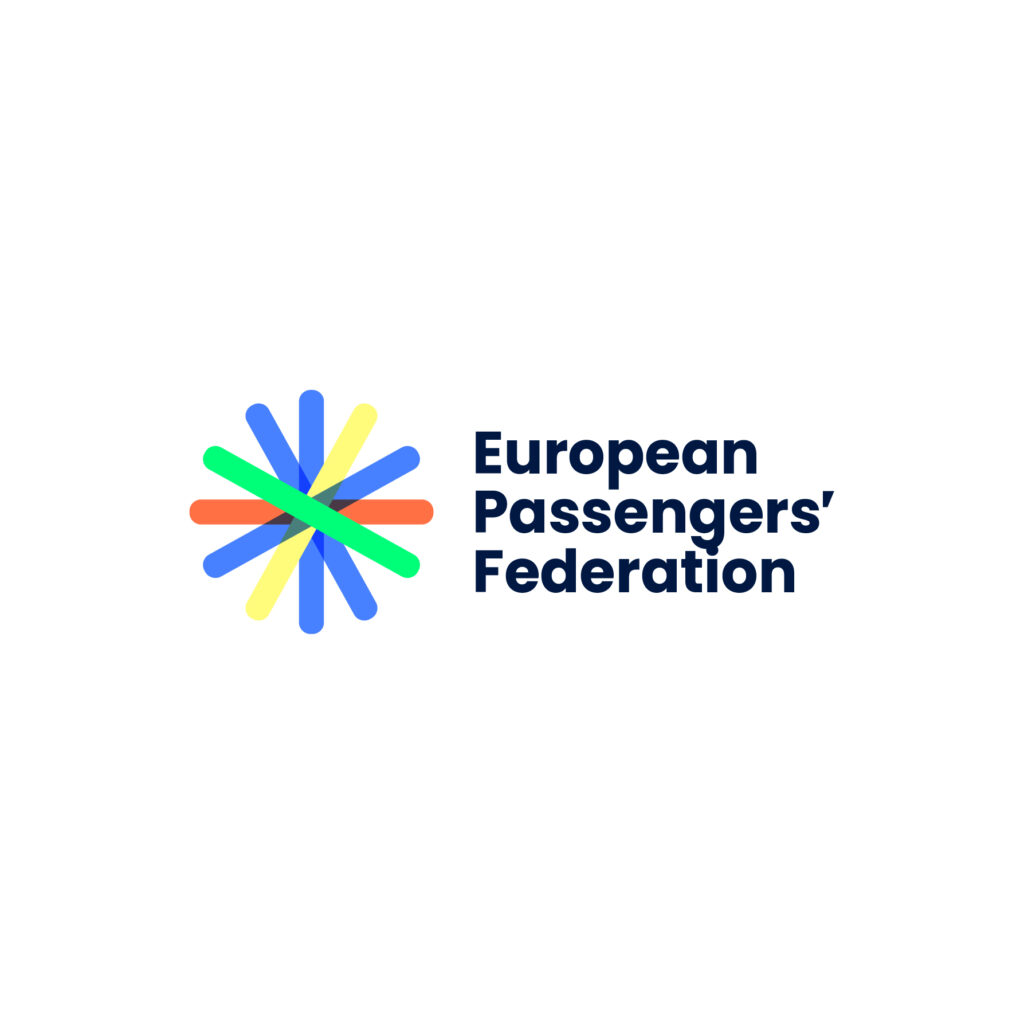

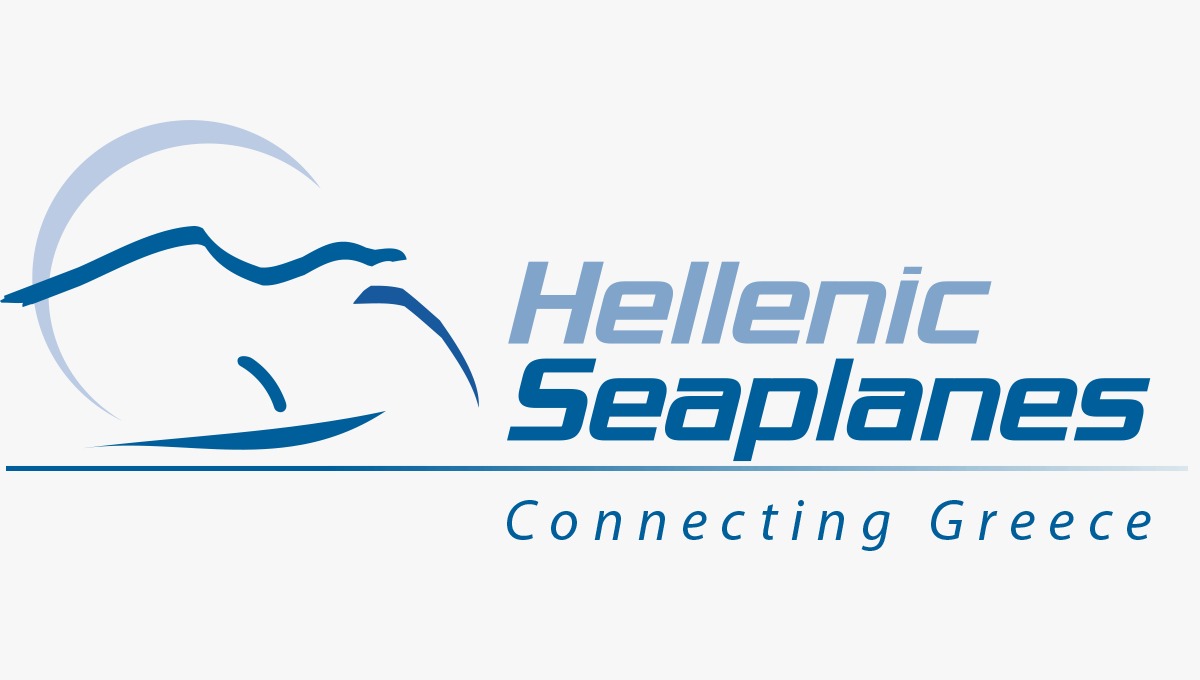
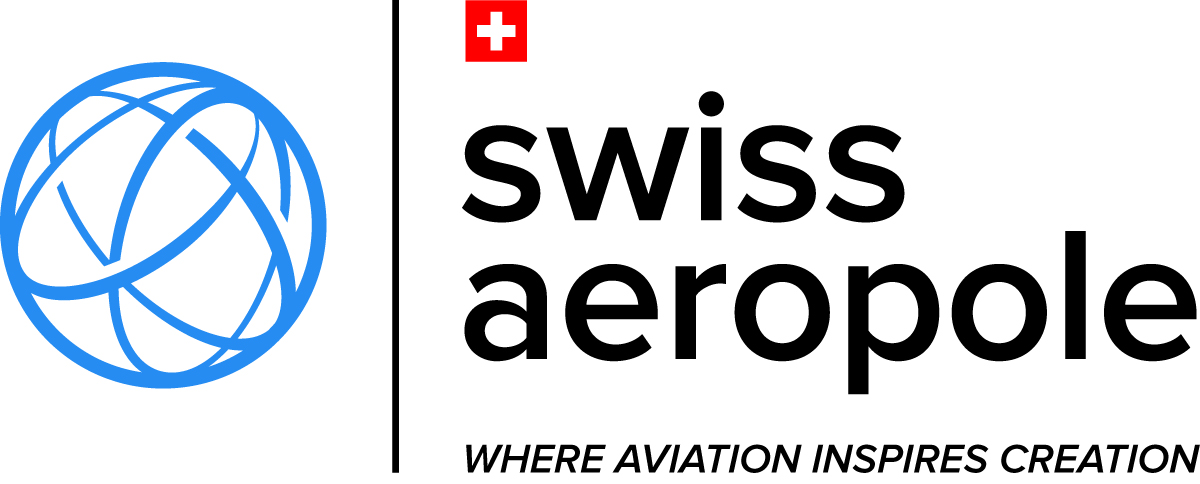
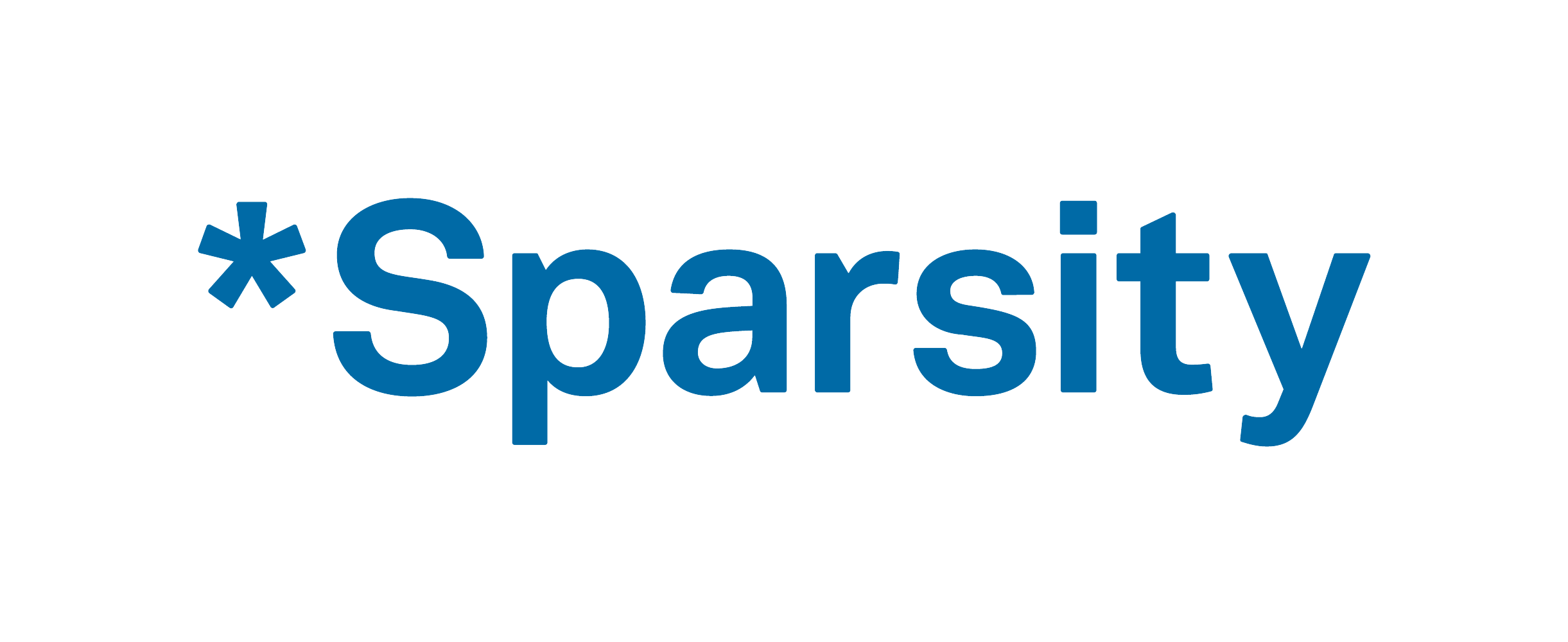


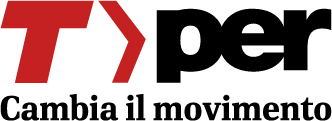

SIGN-AIR has received funding from the SESAR 3 Joint Undertaking under grant agreement No101114845 under European Union’s Horizon Europe research and innovation programme.
